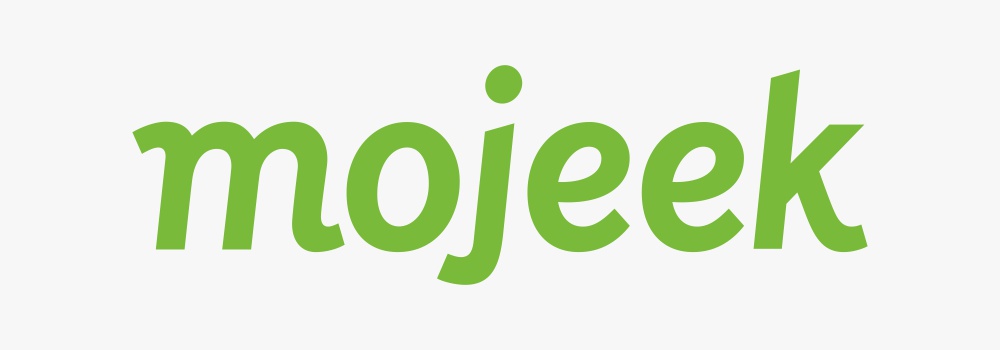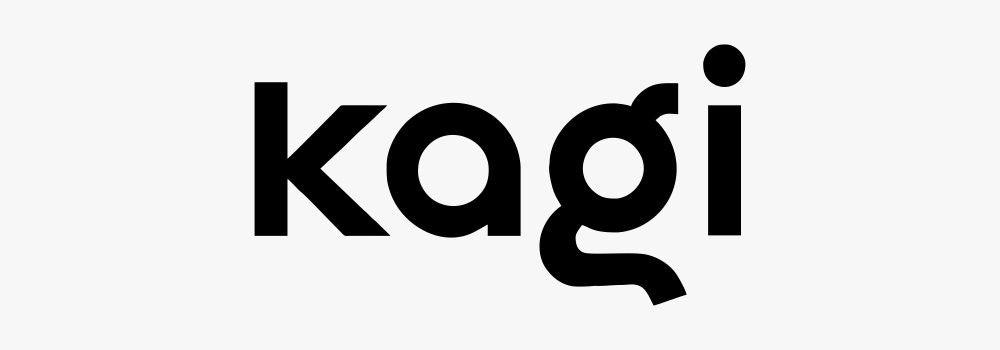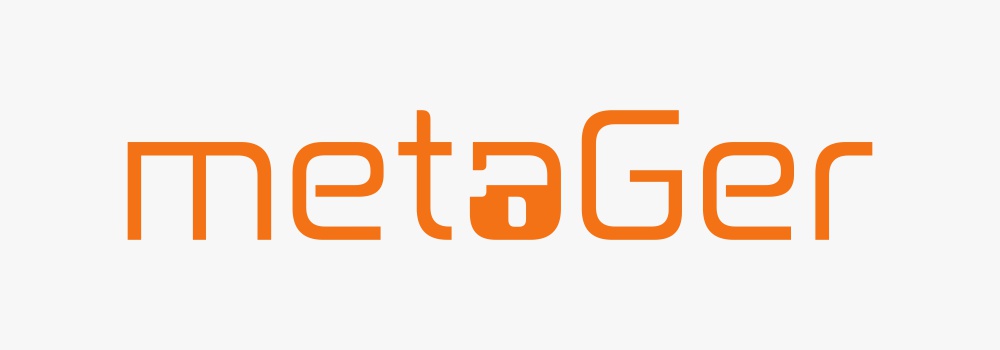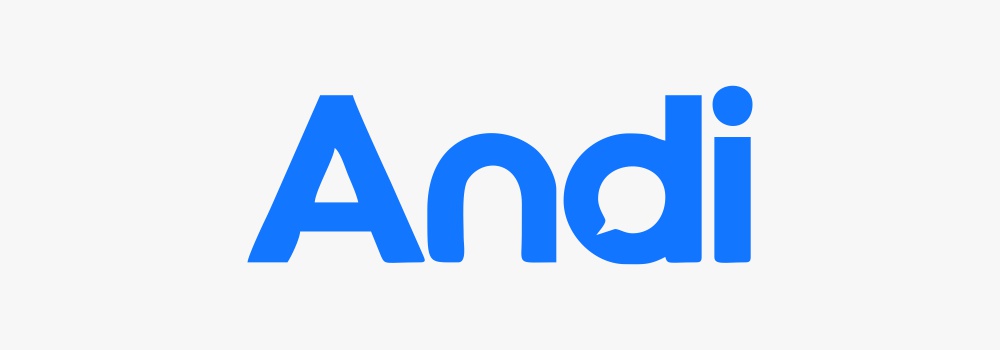There’s more to the internet than just Google, Bing, or even DuckDuckGo. As search technology evolves, a new generation of search engines has quietly emerged, each bringing something unique to the table, whether it’s privacy-first design, AI integration, or a completely independent index.
If you’re looking for fresh tools that go beyond the mainstream, these lesser-known search engines are worth checking out. Read more about The 14 Best Web Search Engines and Top 5 Self-Hosted Search Engines
1. Mojeek

Independent index, no tracking, truly private search
Unlike most alternatives that depend on results from Google or Bing, Mojeek crawls and indexes the web entirely on its own. It’s based in the UK and has been slowly building a private, ad-free search engine from the ground up. The results may not be as “mainstream-polished,” but the independence and lack of tracking are what make Mojeek special.
Best for: Users who want a completely independent and uncensored search experience.
2. Kagi

Premium search with zero ads and premium curation
Kagi is a paid search engine that takes a different approach: no ads, no sponsored content, just clean and relevant results. It’s designed for users who are willing to pay for a superior experience, think of it as the “Netflix of search.” With features like customizable filters and instant summaries, it’s tailored for professionals, writers, and deep researchers.
Best for: Power users and professionals who want fast, curated, ad-free results.
3. MetaGer

German-based privacy-first search engine with open infrastructure
MetaGer combines results from multiple sources (like Bing, Scopia, and more), but adds its own layers of privacy, filtering, and even anonymous proxy browsing. It’s open-source, operated by a nonprofit in Germany, and does not track user activity. There’s also an option to view search results via proxy, giving users an additional layer of security.
Best for: Researchers and privacy advocates who want transparent and decentralized search.
4. SearxNG

Fully customizable, open-source metasearch engine
SearxNG (a modern fork of Searx) is an open-source metasearch engine that can be self-hosted. That means you, or any organization, can run your own search engine pulling results from dozens of sources while maintaining full privacy. Its modular design allows total control over what data is shown, how it’s fetched, and from where.
Best for: Developers, privacy-focused users, and organizations looking for self-hosted options.
5. Marginalia Search
Search the independent and forgotten corners of the web
Tired of corporate blogs and mass-generated content? Marginalia Search is built to help you rediscover the “old web.” It prioritizes personal websites, hobby blogs, and hand-crafted HTML pages that are often buried in typical search results. This engine feels like stepping back into the early internet, in the best way possible.
Best for: Exploring indie content and websites overlooked by mainstream engines.
6. Peekier
Preview websites before clicking, a visual twist on search
Peekier offers a unique interface where each result includes a preview of the web page content, allowing you to “peek” before visiting. It’s also privacy-respecting and doesn’t store your data. The experience feels fast, sleek, and refreshingly different from traditional link lists.
Best for: Visual learners and those who like to scan before they click.
7. Andi

Conversational AI search made simple and visual
Andi is part search engine, part chatbot. It combines natural language AI with web results to give you more conversational, summarized answers, especially useful for questions and research topics. The UI is minimal, clean, and heavily focused on UX for modern users.
Best for: Users who like chat-based answers but want more source transparency than ChatGPT.
Final Take on the Best Lesser-Known Search Engines to Explore
As the internet grows noisier and more commercialized, these alternative search engines offer a breath of fresh air. Whether you’re a privacy advocate, a researcher, or just someone who wants to discover the less-traveled paths of the web, these tools are worth bookmarking.
Each of these platforms brings something new, be it independence, openness, or intelligence, and they’re growing fast. Try one or more this week. You might just find your new favorite search companion.






